In the vast expanse where the Gulf of Maine meets the Bay of Fundy lies a tiny, windswept island that has become an unlikely symbol of a much larger conflict. Machias Seal Island, a 20-acre speck of land teeming with puffins and other seabirds, is the last contested territory between the United States and Canada. As tensions between the two nations rise over trade and borders, this remote outpost has taken center stage, embodying the complexities of national identity and economic interests.
On Christmas morning, Anthony Ross awoke to the howling wind and drifting snow on Machias Seal Island. His brother, Russell, was already up, keeping watch over the sea. For the lighthouse keepers on this isolated rock, holidays are just another day in a 28-day shift. "You are away from home for 28 days at a time; that is the hardest part. But you get used to that," said Russell, who has been a keeper for nearly 20 years. The brothers brought turkey, presents, and beer to make the day feel special, even decorating a small tree and calling their families back in Nova Scotia. "It was a pretty good Christmas, all around," Russell recalled.
Machias Seal Island's strategic location has made it a point of contention for over 200 years. During the War of 1812, both Great Britain (now Canada) and the United States claimed the island and its surrounding waters. Though too small for permanent settlement, it sits in a valuable shipping route and is rich in marine life, particularly lobsters. In 1832, Britain built a lighthouse to assert its claim, and Canadians have manned it ever since, protecting sailors from its rocky shores and guarding the land from both natural and human threats.
Russell and Anthony Ross are part of this tradition. As lighthouse keepers, they are the guardians of Canada's Atlantic frontier. "The opportunity we have to be here, to stay on here and man the island, it is important," said Anthony. "There are not many light-keepers left." The brothers work part-time, taking three month-long shifts a year, but they hope to secure a full-time position. "May the best man win," Anthony said with a smile.
The island's rhythms are familiar to the brothers: the seasonal changes from emerald green to dusty brown, the puffins' cackling as they hunt for fish, and the lobster boats that appear at sunrise. The Ross brothers also serve as unofficial ambassadors, greeting tour boats from both countries during the summer when the island becomes a seabird sanctuary. "The birds do not care; they do not know the difference," said Russell of the US-Canada border dispute.
Machias Seal Island is home to over 8,000 pairs of Atlantic puffins, making it one of the largest and most diverse seabird colonies on the East Coast. Protected by Canadian Wildlife Services, the island limits the number of tourists to preserve its delicate ecosystem. Only two tour boats—one from Maine and one from New Brunswick—are allowed to land each day, with just 15 passengers per load. Spots fill up quickly, and visitors must navigate the narrow, rocky shores to catch a glimpse of the island's feathered inhabitants.
For birdwatchers, the experience is unparalleled. "It is the only seabird colony in the whole of the East Coast where the general public can actually come on shore and get a close-up look of the birds," said Dr. Tony Diamond, who runs the University of New Brunswick's Atlantic Laboratory for Avian Research (ALAR). "It is unmatched." During the summer, researchers from ALAR live on the island full-time to monitor the birds' breeding season, providing valuable insights into the health of the ecosystem.
But the island's true value lies beneath the surface. The waters around Machias Seal Island, known as the "grey zone," are rich in lobsters, making them a lucrative prize for fishermen from both countries. Over the past decade, the price of lobster has tripled, with fishermen earning thousands of dollars a day. This economic bonanza has fueled the dispute, as neither country wants to relinquish fishing rights.
Fishermen from Grand Manan, a Canadian island located about an hour and a half by boat from Machias Seal Island, have thrived in the grey zone. "Most of the time, if you try and work with them, they will try and work with you. But if you want to be a push and shove, you are going to be pushed and shoved back," said Donald Harris, a fisherman from Grand Manan. The lobster boom has transformed the community, with new boats, gear, and freshly painted houses. "Lots changing. There’s a lot more people over here right now, there is a lot more stuff to do right now—our community’s getting better all the time," said fisherman Dane Lynton.
However, some worry that the high prices, driven by demand in Asia, will lead to overfishing. "Man can ruin anything, right? And greed will ruin a lot of things too," said Harris. Despite the current prosperity, he has seen the fortunes of his village rise and fall with the tides. "When you have only got lobster to rely on, and everybody is pounding so hard at the ‘grey zone’... it is all going to affect it sooner or later."
As tensions between the US and Canada escalate, Machias Seal Island remains a symbol of the enduring conflict. The island's strategic location, rich natural resources, and unique ecosystem make it a prize worth fighting for. For the Ross brothers and the countless puffins that call the island home, life goes on amidst the uncertainty. The island's future, however, remains as contested as its past.
In a world where borders and resources are increasingly contested, Machias Seal Island serves as a microcosm of larger global issues. It is a reminder that even the smallest territories can hold immense value and that the quest for economic gain can sometimes overshadow the need for cooperation. As the winds continue to howl over Machias Seal Island, the story of this tiny outpost will undoubtedly continue to unfold, shaping the relationship between two of the world's closest allies.

By Noah Bell/Feb 25, 2025

By Natalie Campbell/Feb 25, 2025
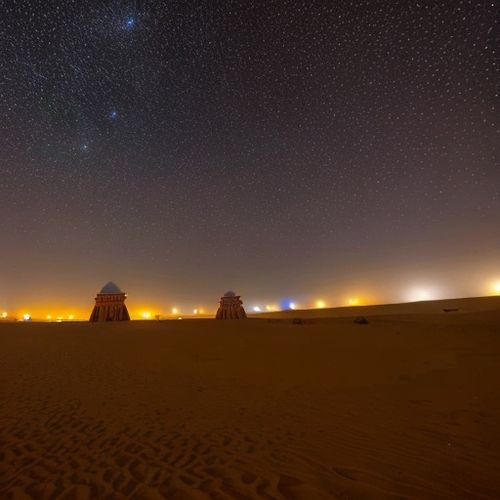
By Laura Wilson/Feb 25, 2025
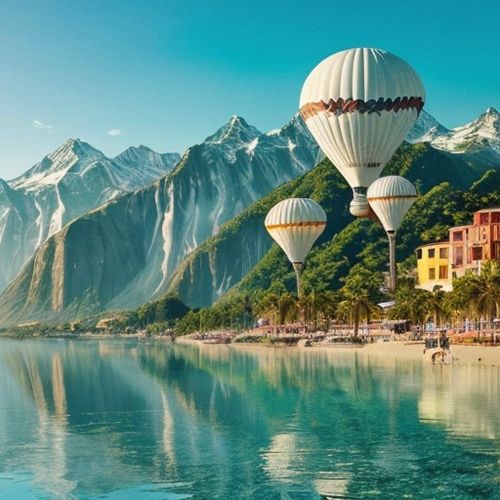
By John Smith/Feb 25, 2025
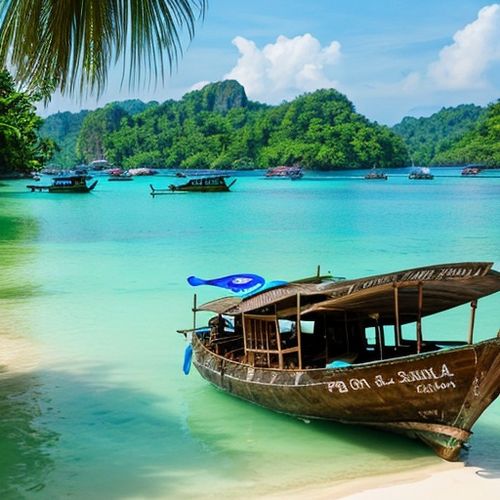
By Lily Simpson/Feb 25, 2025
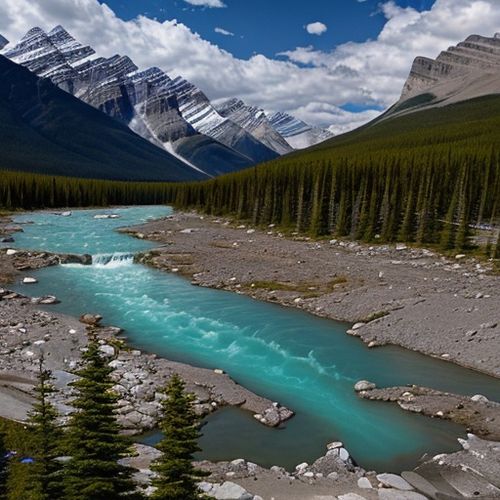
By Jessica Lee/Feb 25, 2025

By John Smith/Feb 25, 2025
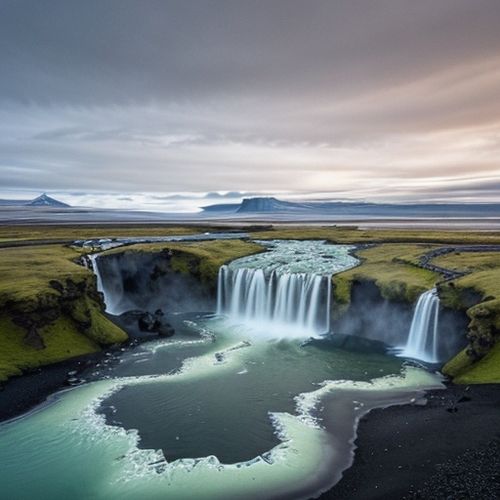
By Rebecca Stewart/Feb 25, 2025
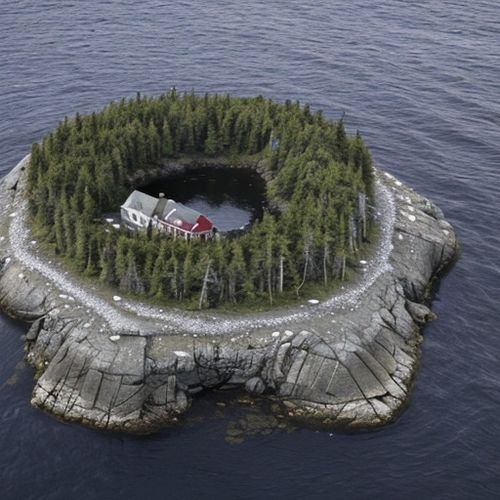
By Rebecca Stewart/Feb 25, 2025
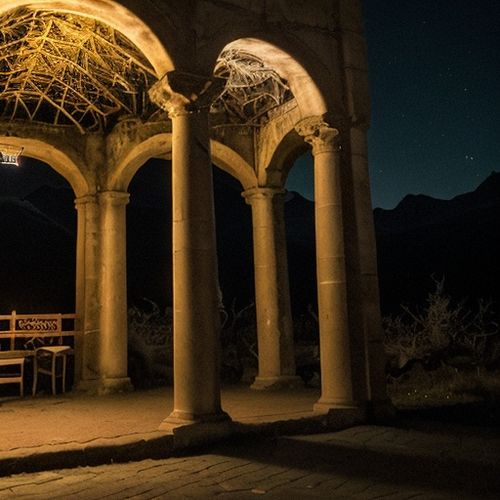
By Daniel Scott/Feb 25, 2025
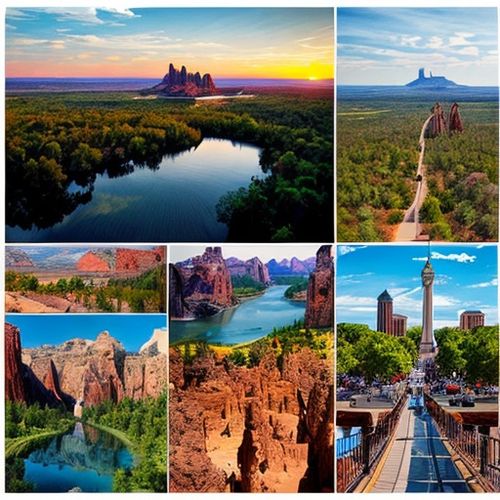
By Ryan Martin/Dec 23, 2024
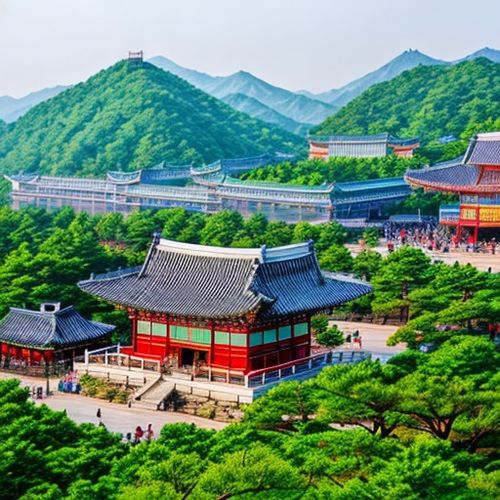
By Emma Thompson/Dec 23, 2024
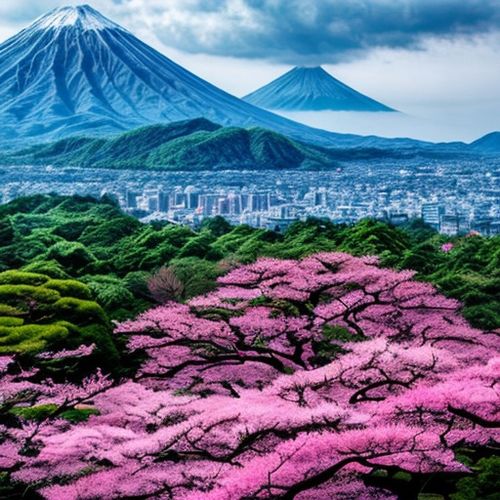
By Sophia Lewis/Dec 23, 2024

By James Moore/Dec 23, 2024
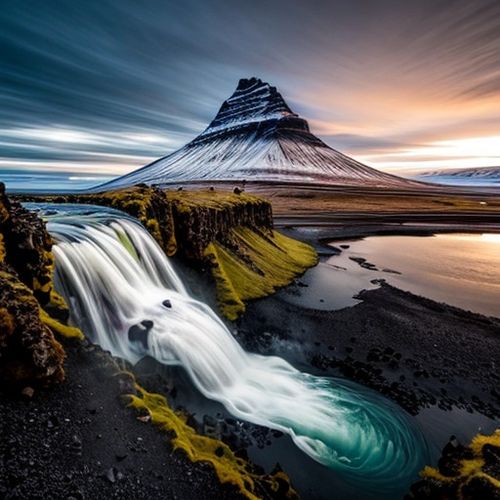
By Benjamin Evans/Dec 23, 2024
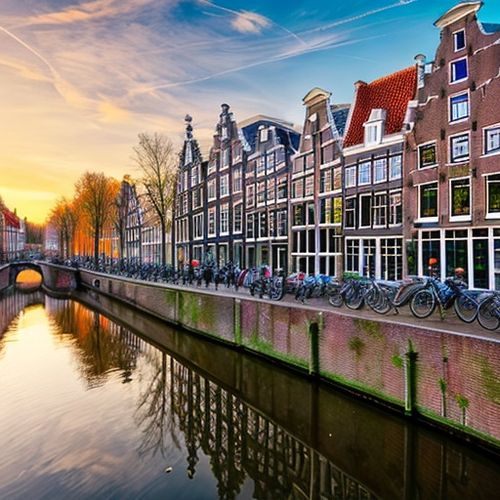
By John Smith/Dec 23, 2024

By William Miller/Dec 23, 2024
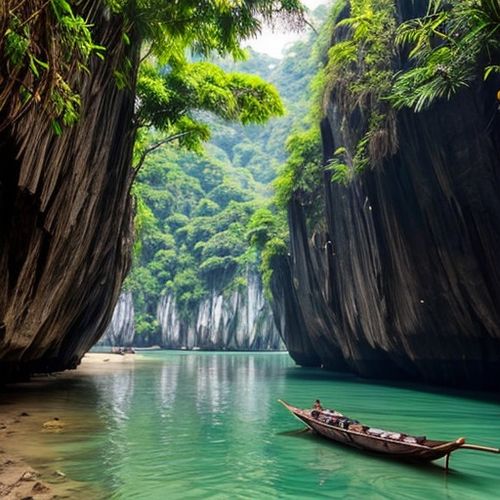
By Michael Brown/Dec 23, 2024